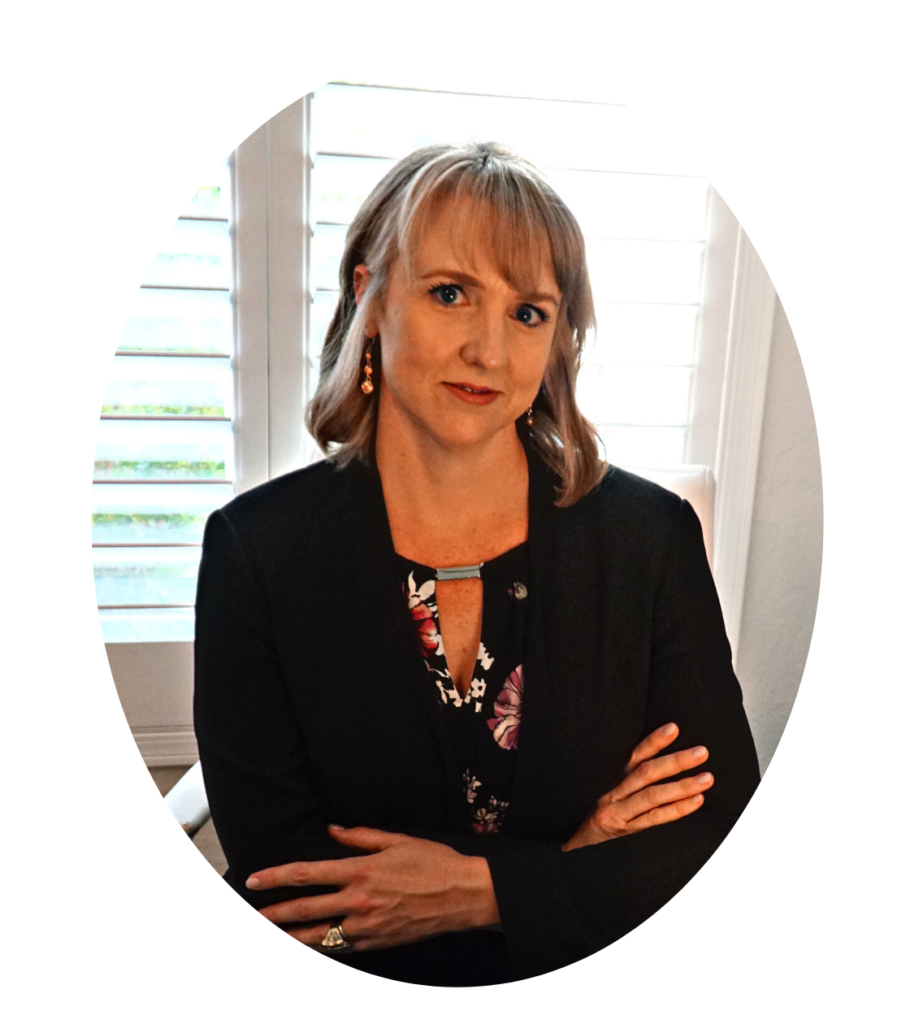Commit to Calm Day 11
The OHIO principle, Only Handle It Once, can be used to decrease stress. Consider this technique to create calm.
OHIO, a productivity principle often applied to email, stands for Only Handle It Once. It is discussed in management articles and heavily advocated by Robert Pozen, author of Extreme Productivity. He advises once you open an email, deal with it, and be done with it. Respond right away if necessary, trash it, or file it. I started using this reminder several months ago and find it helpful. But there’s more potential if I expand and use it to tackle other tasks and clutter in my home. The ultimate goal of applying the OHIO principle is less stress and more calm.
OHIO and my Commitment to Calm
I run a household with three young boys, which can feel pretty far from calm on any given day. As part of my Commitment to Calm, I want to spend more time in the moment with less stress and anxiety. Last week they returned to school, which provided me time to catch up on some tasks I repeatedly put off. Scheduling doctor appointments, following up with customer service on a furniture delivery, taking care of some Christmas returns, and tackling the pile of clutter on my desk are just a few of these fun-zappers. And that’s just the top of the list!
OHIO principle and procrastination
The problem with these tasks is they are unenjoyable. No one wants to do them. I moved a pile of papers from the kitchen counter to my desk, where they moved probably ten more times each time they got in my way. Likewise, when a reminder popped up to schedule that appointment I changed the due date, and changed it again several more times. I never really solved the problem. It stressed me out, I punted it to another location or day, and then it stressed me out again. I wasted more time and energy procrastinating than if I had just handled it.
The dread of doing a task uses up more time and energy than doing the task itself.
Rita Emmett
It is harder to build calm in your life when you do this to yourself. For example, I finally got around to scheduling the kids dentist appointments after receiving multiple text messages and emails from the dentist’s office and seeing the reminder on my to-do list for weeks. The call took me 4 minutes and 18 seconds. I caused myself more stress by putting it off than the effort of simply making the call. Researchers studying students found that procrastinators tend to experience more stress and end up sicker than non-procrastinators.[1] Using the OHIO principle can reduce this stress (and possible illness!).

OHIO principle and clutter
Similarly, OHIO can be applied to clutter. Moving piles of paperwork around in an endless parade across my desk zaps my sense of calm. Worse, researchers found clutter is associated with decreased life satisfaction.[2] Every time I see the papers, I am reminded I need to file them, make a phone call, or follow up in some way. Last week I spent just five minutes organizing and clearing my desk. Many things just needed to be filed or tossed and a few random toys needed to find their home. Items that couldn’t be addressed right away were added to my to-do list (with a realistic timeline I intend to honor). Having more order and less clutter on my desk has been a relief. I feel happier and calmer when I enter the office. The more I practice OHIO, the lower the stress and higher the calm in my household.
A word of caution
To clarify, I am not advocating for every task to be completed today or for the house to look perfect. Holding myself up to that standard would make me miserable. As I mentioned, I’m working on self-compassion and need to remember to set realistic expectations. I don’t want to allow the perfectionist in me to drive me nuts. I simply want to tackle the tasks and clutter that require maybe five-minutes of effort but can result in more calm and less stress. I’ll be reminding myself to use the OHIO principle more.
How about you? Do you have an idea for my next Calming Consideration? Leave me a comment!
Want more? Consider signing up for Take Five, a weekly newsletter containing five things to reflect on and inspire your own journey to a calmer state of mind.
For real time updates, follow me on facebook, Instagram, Twitter, and Pinterest!
[1] Crum, Kendall & Ferrari, Joseph. (2019). Toward an Understanding of Psychological Home and Clutter with Emerging Adults: Relationships over Relics. North American Journal of Psychology. 21. 45-56.
[2] Tice, D. M., & Baumeister, R. F. (1997). Longitudinal Study of Procrastination, Performance, Stress, and Health: The Costs and Benefits of Dawdling. Psychological Science, 8(6), 454–458. https://doi.org/10.1111/j.1467-9280.1997.tb00460.x


0 Comments
1 Pingback